The DePauw provided Meg Kissinger ’79 training in journalism fundamentals, and the connections she made there helped her land her first job out of school.
But it also gave her a “sense of identity” during a “pretty tender time in my life …
“It gave me a framework and a mission and a purpose,” she said. “And it sounds a little bit cheesy to say, but it’s very true that DePauw believed in me before I believed in myself. You know, I was a little shaky coming there as a newly turned 18 … With all the turmoil and stuff at home, just having that purpose was really good for me personally. And I think that’s why I threw myself into it.”
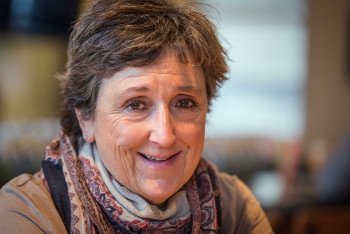 Kissinger was the fourth of eight children in a family beset by mental illness. Her older sister Nancy would die by suicide as Kissinger entered her senior year and became editor-in-chief at The DePauw; her brother Danny would do the same 19 years later.
Kissinger was the fourth of eight children in a family beset by mental illness. Her older sister Nancy would die by suicide as Kissinger entered her senior year and became editor-in-chief at The DePauw; her brother Danny would do the same 19 years later.
Kissinger walked into The DePauw’s building on her first day on campus “and never left there.” Though her professors and sorority sisters wished otherwise, “my passion was the newspaper. We became family there. And we spent endless hours at the pub building.”
The need for journalists to be accountable, Kissinger said, was “really underscored when you are in a small community like that. … I learned very early to get my facts straight, spell names correctly, make sure that you’re quoting them accurately and you’re putting it into the proper context. Because if you don’t, you're going to hear about it. That is something that resonated with me. …
“I would, without hyperbole, say that my time at the pub building was as valuable to me as anything else in the classroom. I don’t mean to minimize at all my classroom experience. But just the idea of an independent newspaper, where students are allowed to learn for themselves by real trial and error. We didn’t always get it right, and we didn’t always give it the proper emphasis. But we learned ultimately how to do that. And it was because of our independence.”
After graduation, Kissinger covered a bunch of beats at a couple newspapers before landing at the Milwaukee Journal Sentinel. She ultimately became an investigative reporter focused largely on health matters, including mental illness. Before Danny died, he wrote a letter urging her to “tell people how terrible it is to live with mental illness. So I really took that as my battle cry.”
She has won numerous awards for that work and reporting on other subjects, and was a Pulitzer Prize finalist for an investigation about the faulty regulation of a chemical used to make plastics. She was a visiting professor at DePauw in 2015-16, then was tapped by Columbia University to teach for what was supposed to be a year. After three years, she knew it was time to permanently split from the Journal Sentinel, and she remains at Columbia. Her memoir “While You Were Out” is due out this spring.
DePauw Magazine
Spring 2022
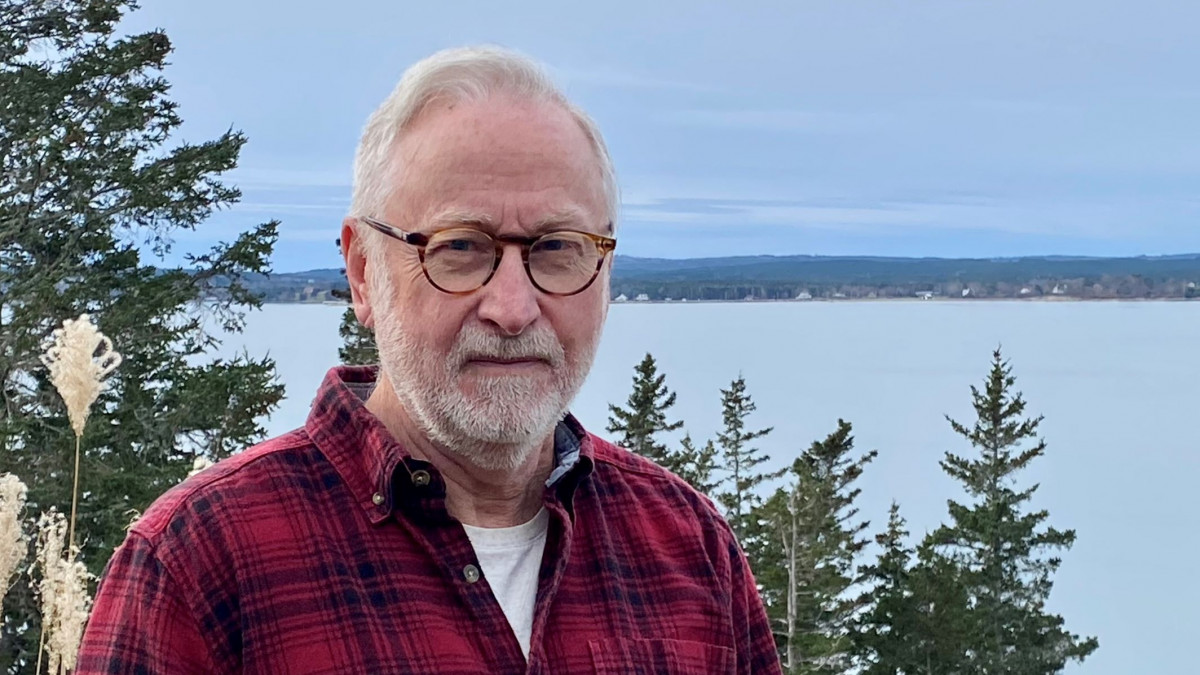 Ever-changing challenges
Ever-changing challenges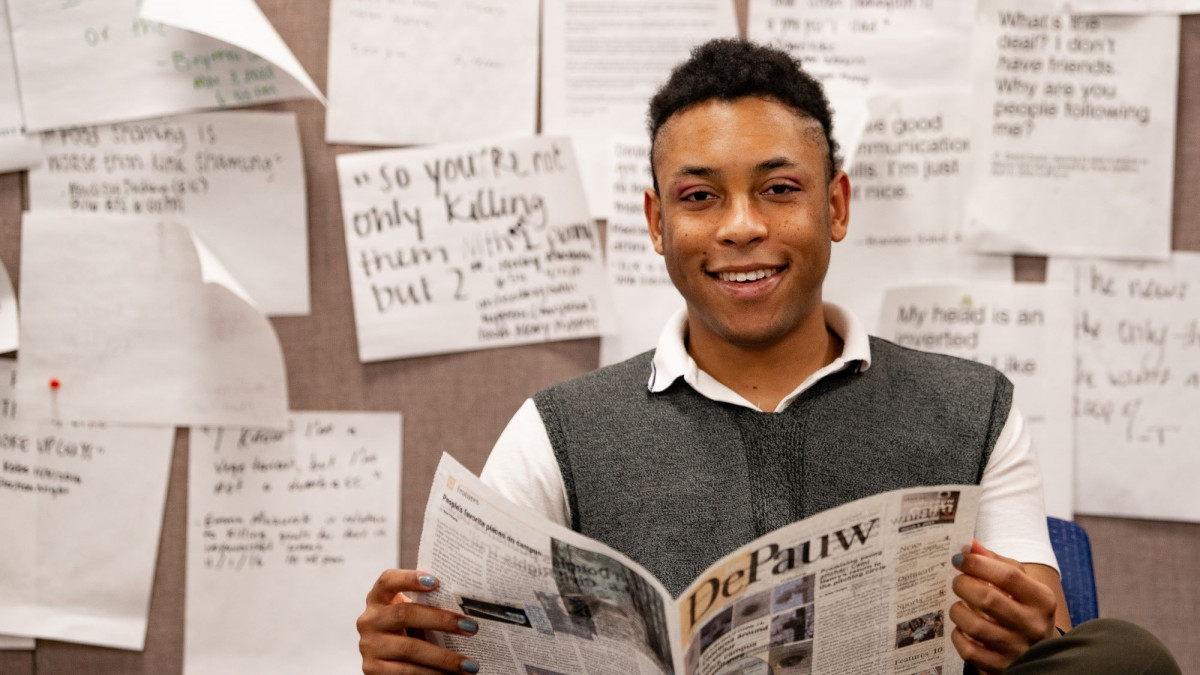 New approaches
New approaches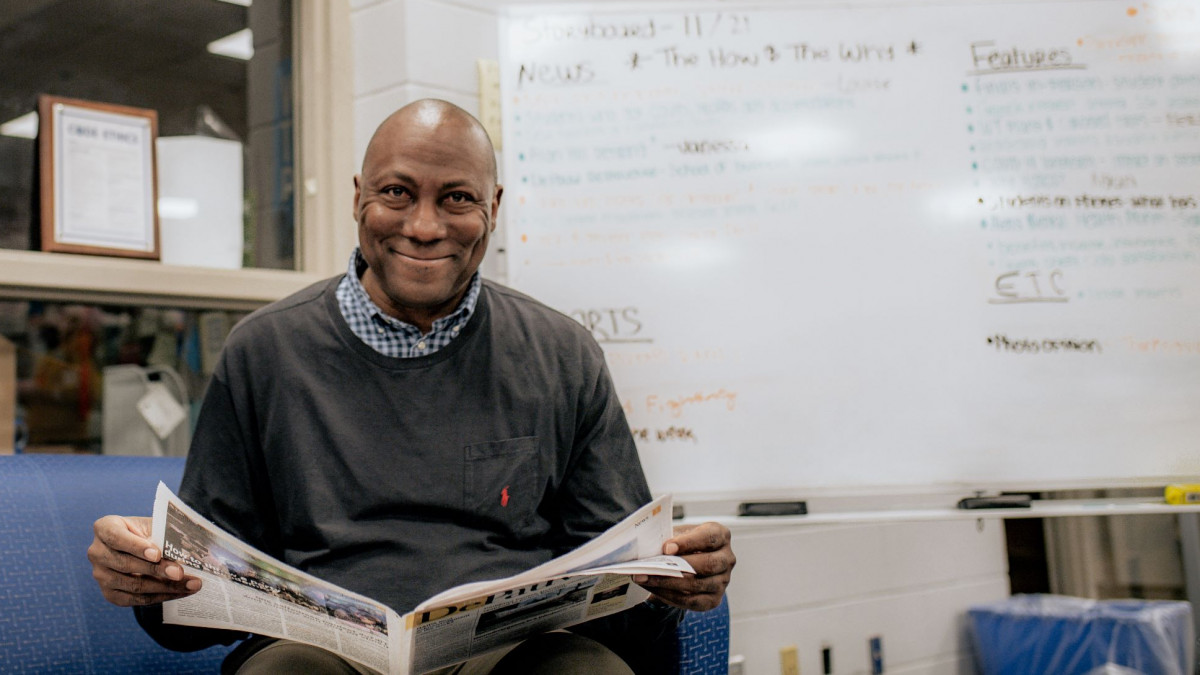 First Person by Samuel Autman
First Person by Samuel Autman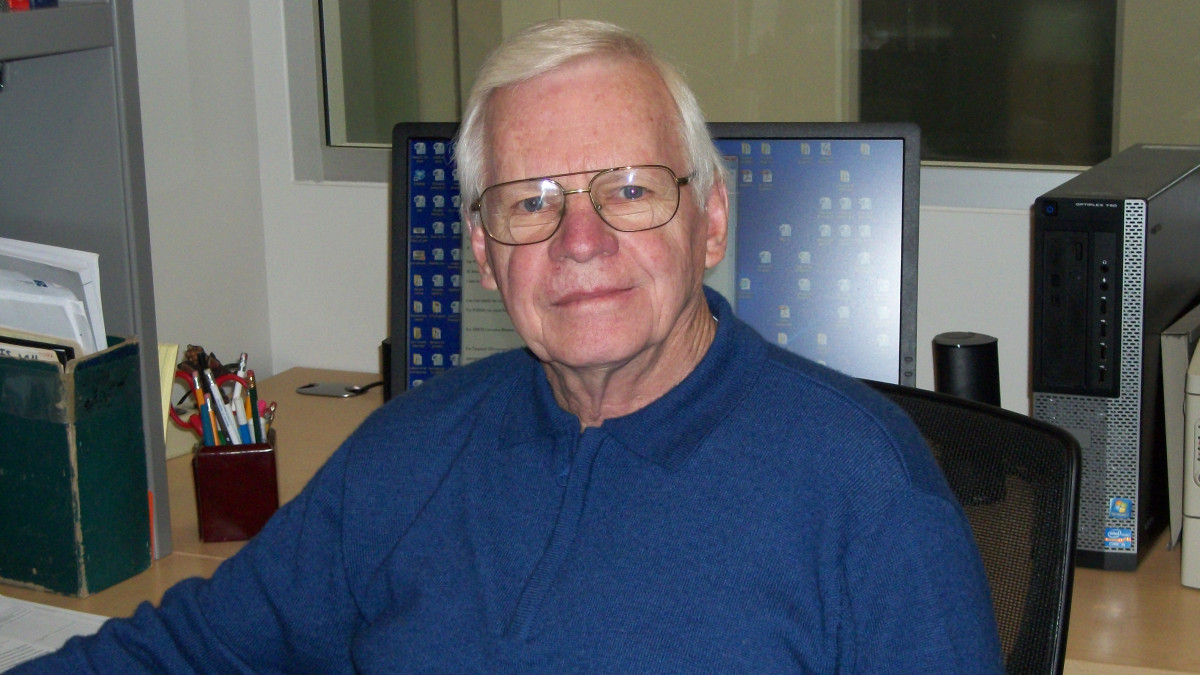 ’62 champ still swimming after all these years
’62 champ still swimming after all these years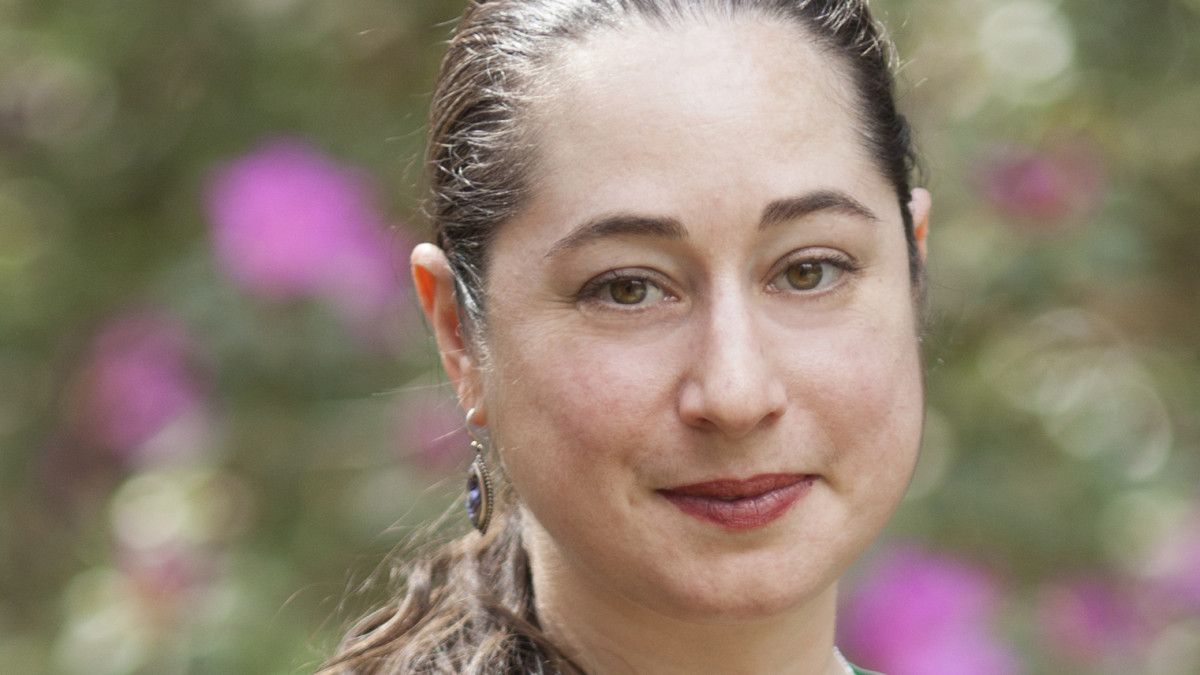 The Bo(u)lder Question by Maggie Schein
The Bo(u)lder Question by Maggie Schein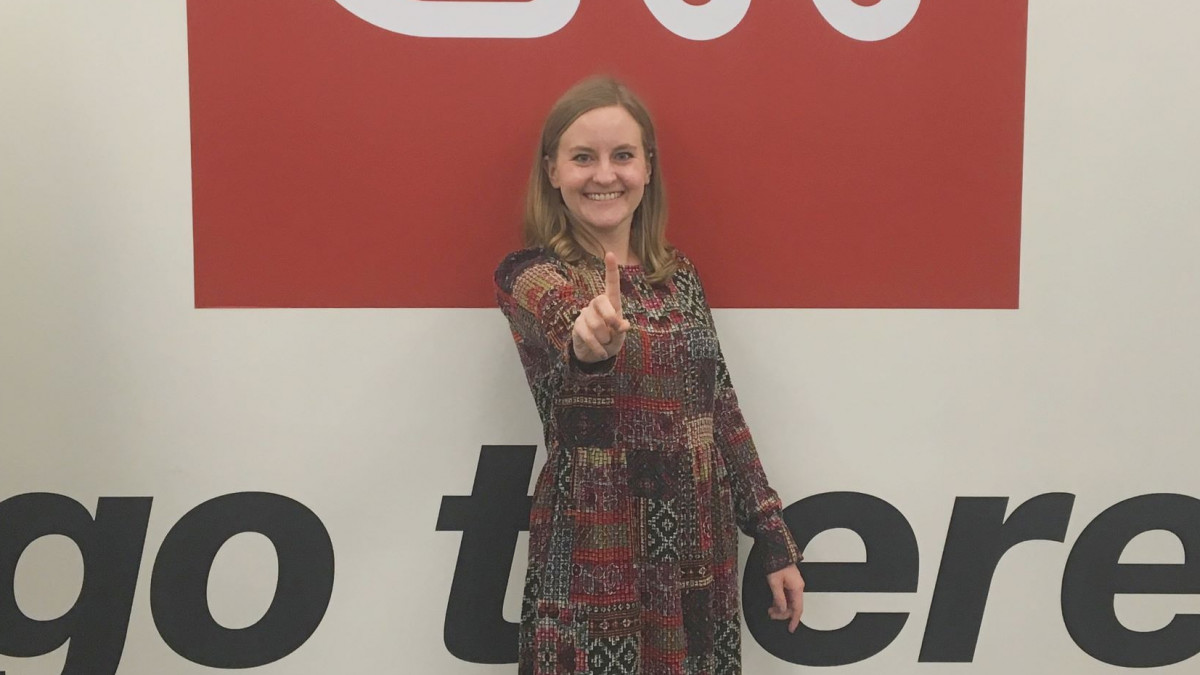 Lessons in accountability
Lessons in accountability 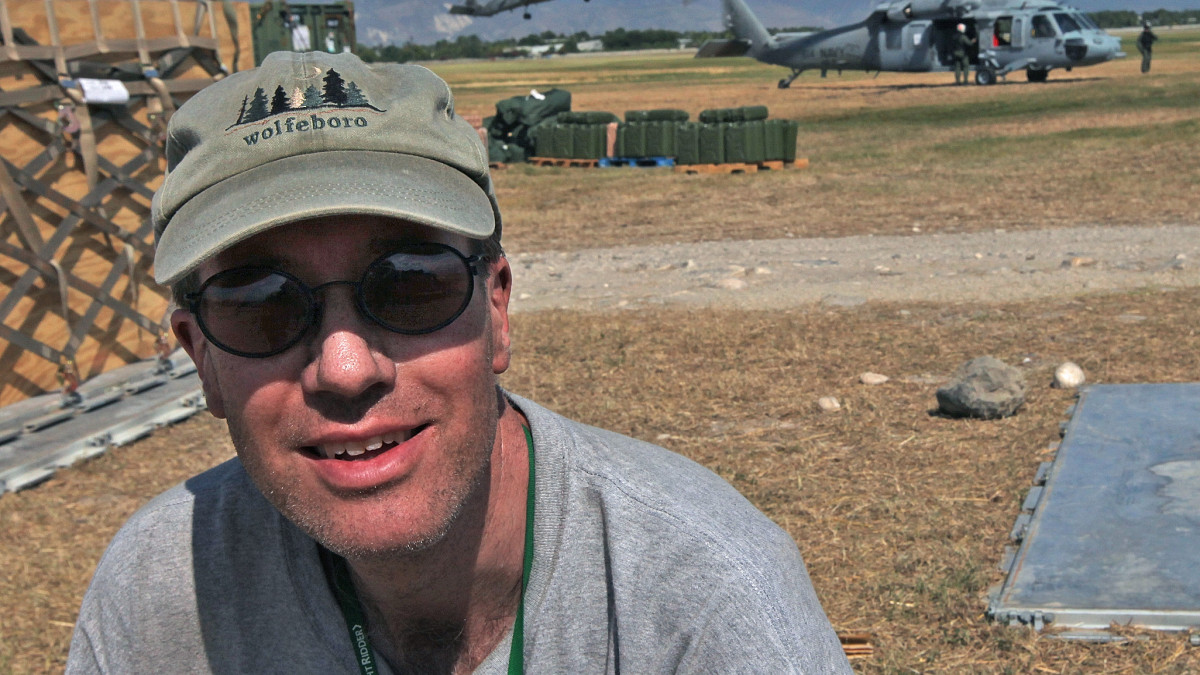 Stories people care about
Stories people care about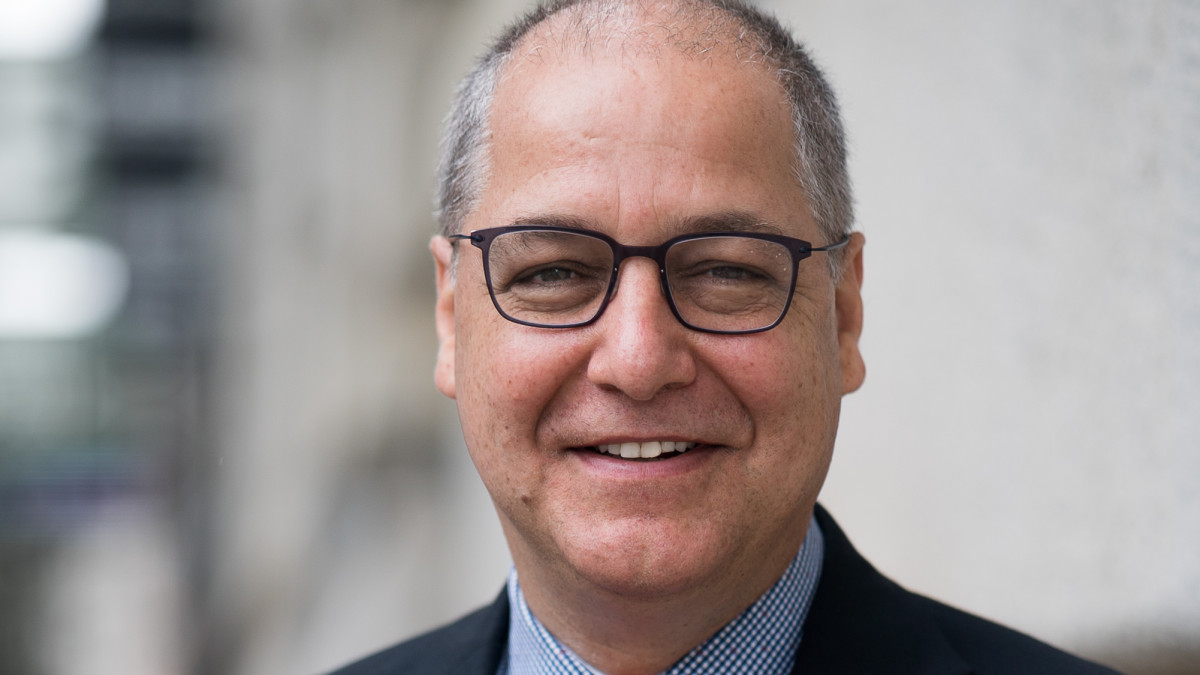 A watchdog
A watchdog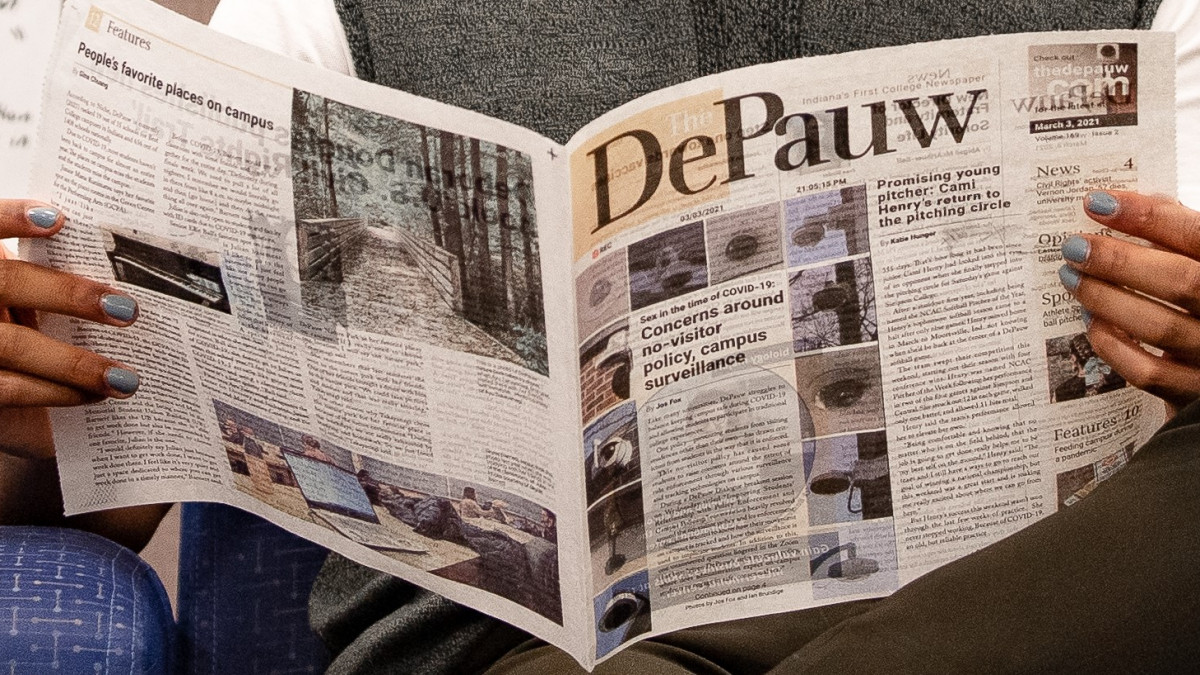 Eye-opening experience
Eye-opening experience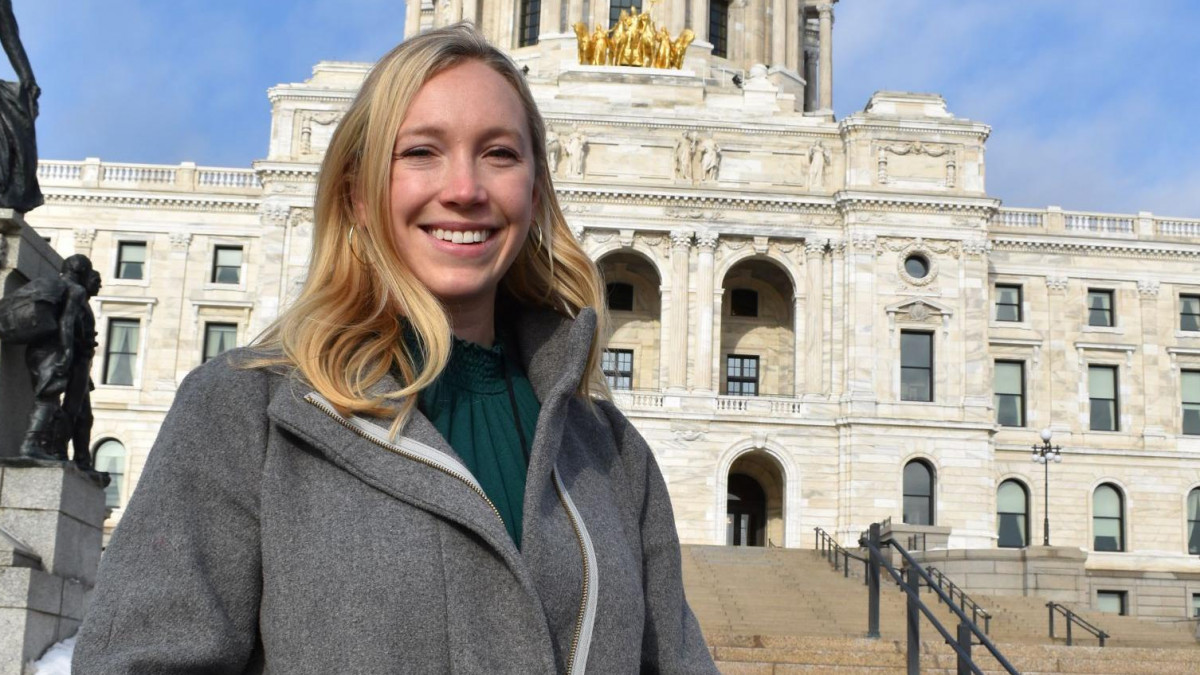 Ethical decision-making
Ethical decision-making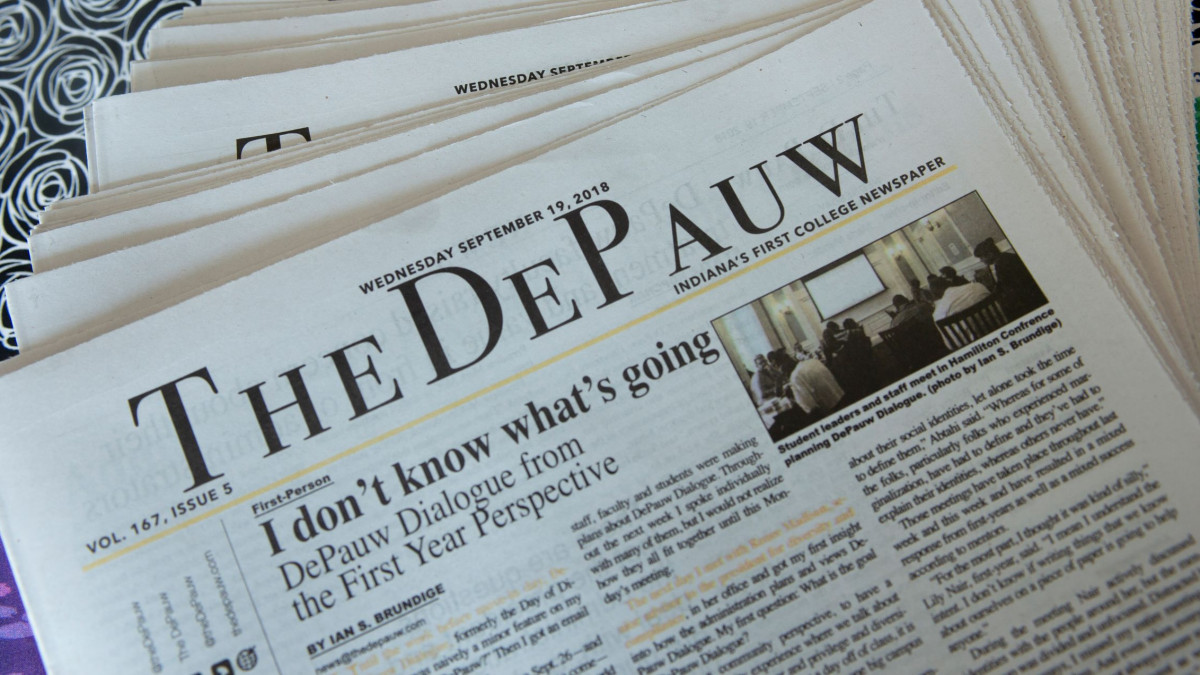 A way to give back
A way to give back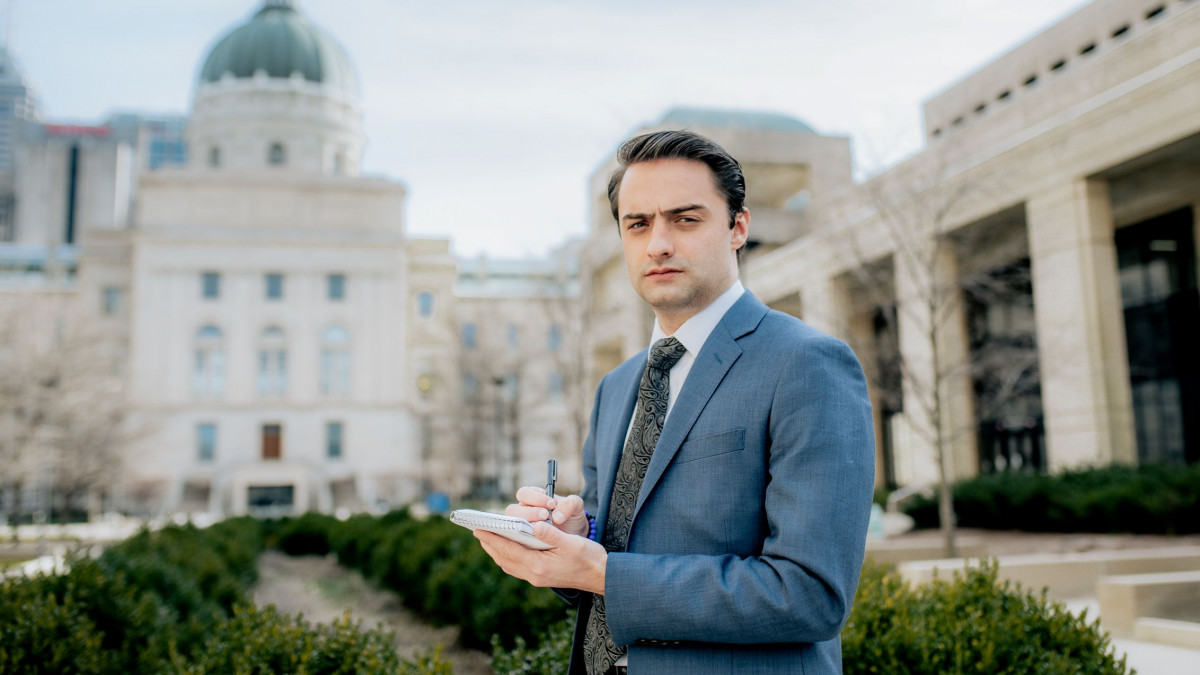 Confidence-builder
Confidence-builder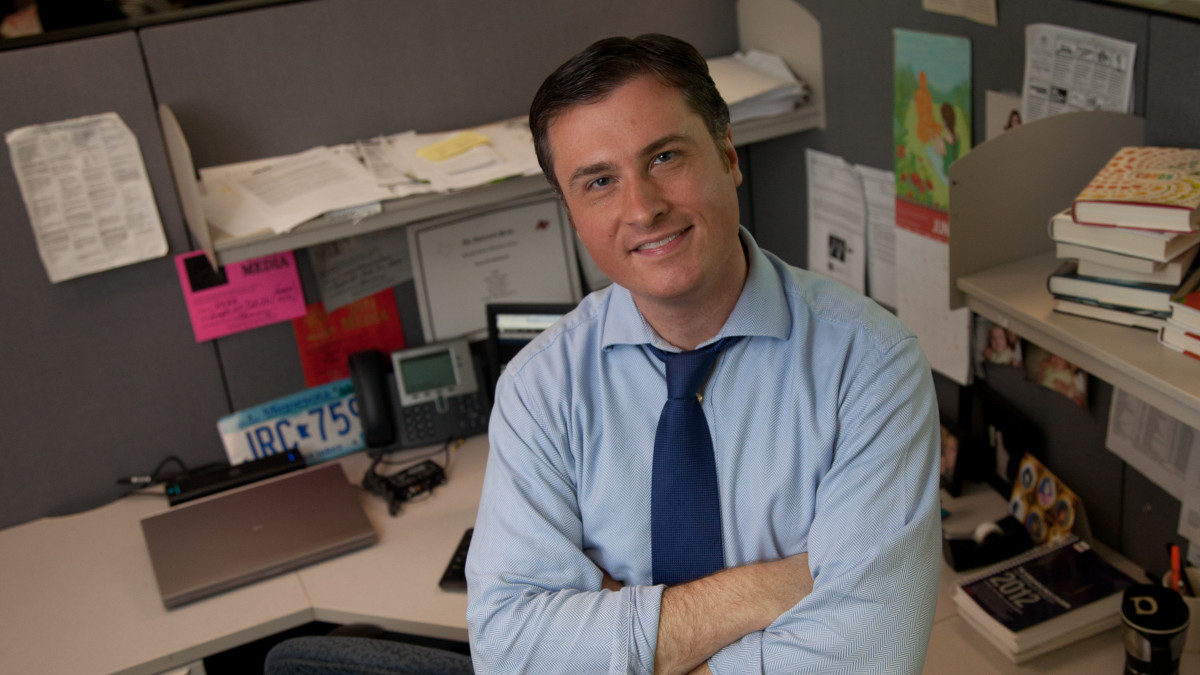 A solid foundation
A solid foundation 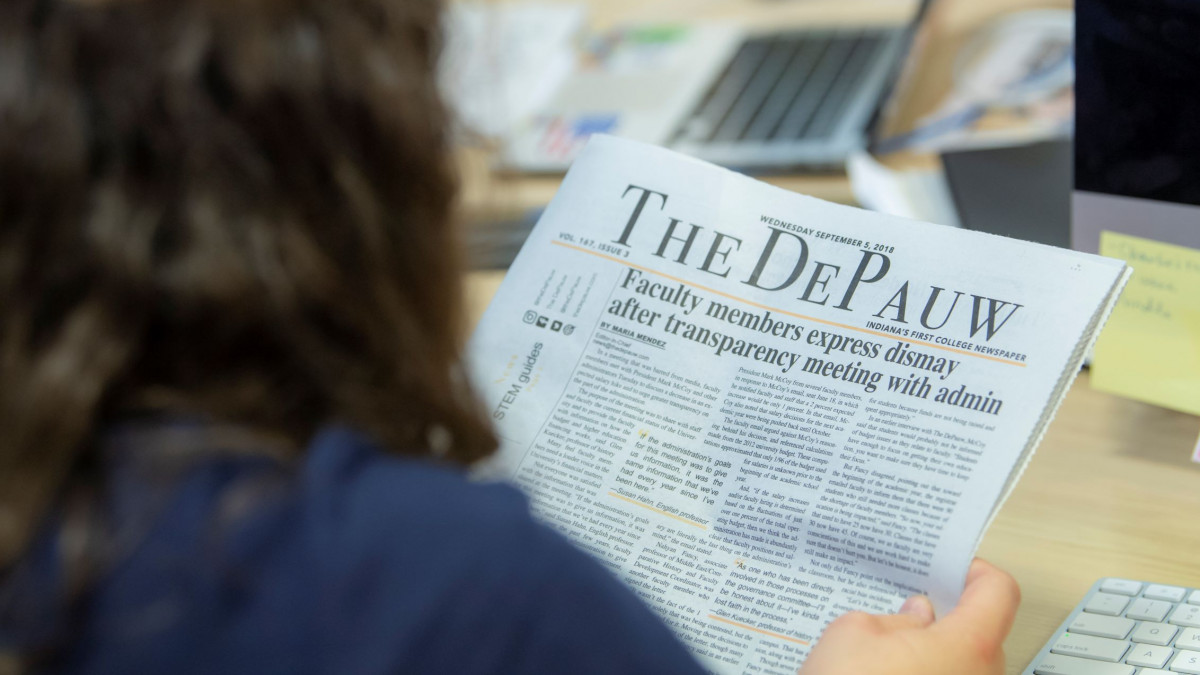 Collaborative spirit
Collaborative spirit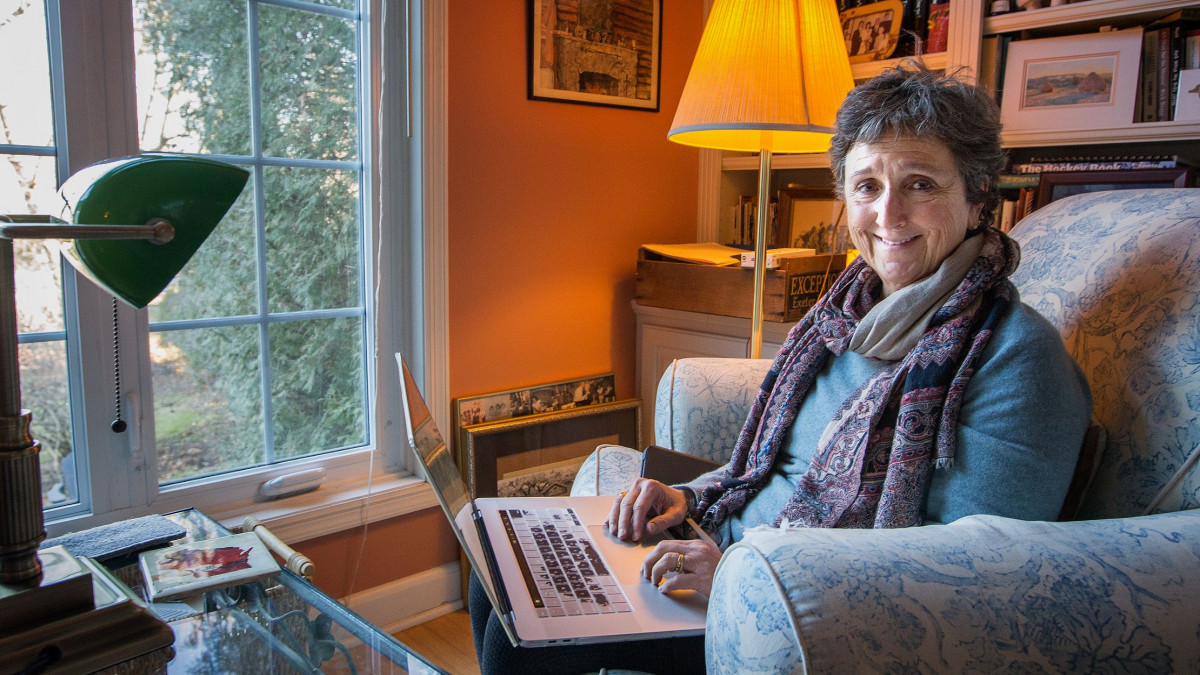 A sense of identity
A sense of identity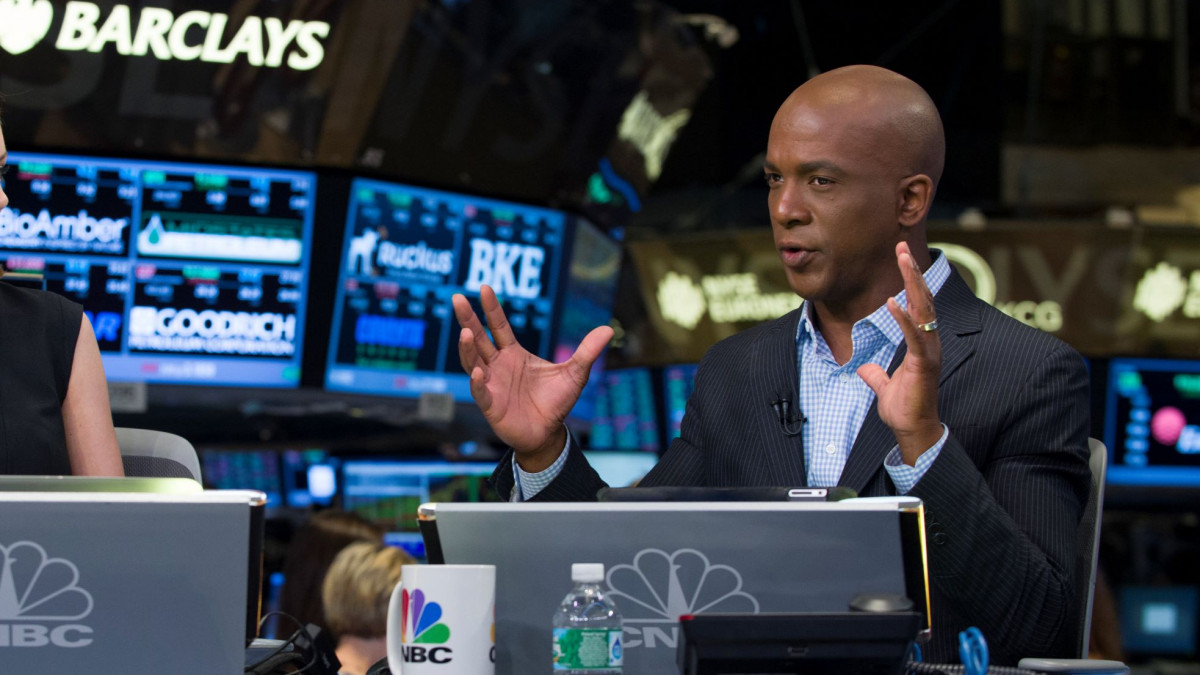 Freedom to experiment
Freedom to experiment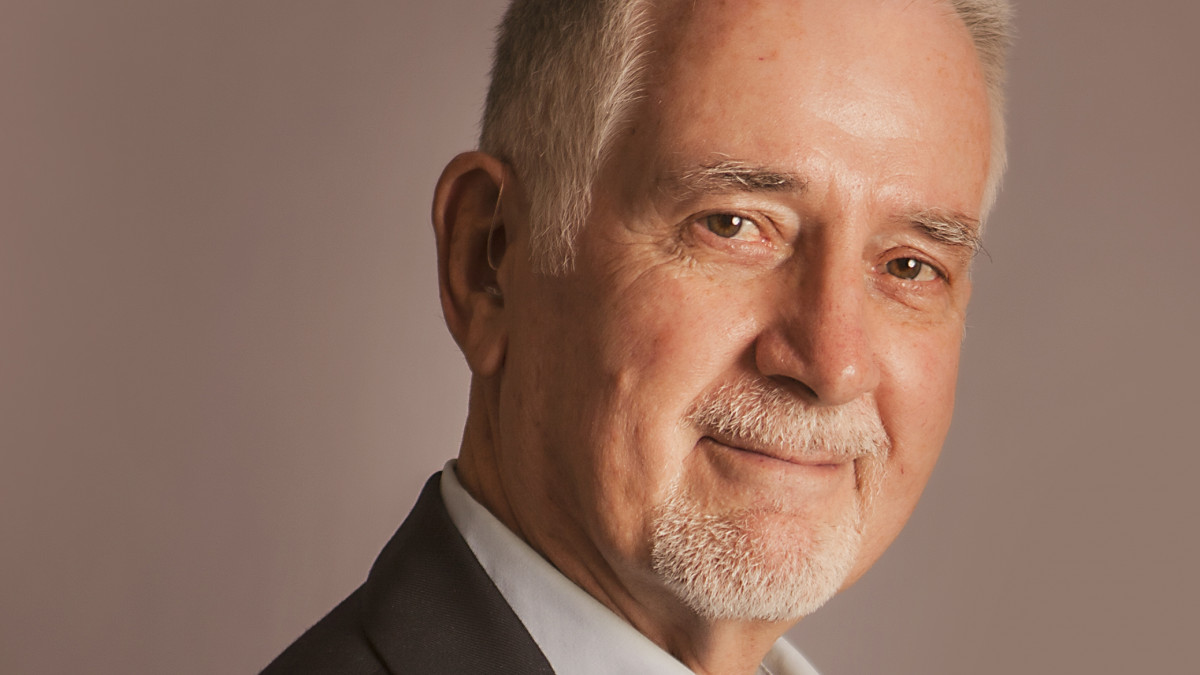 Meeting Jimmy Hoffa
Meeting Jimmy Hoffa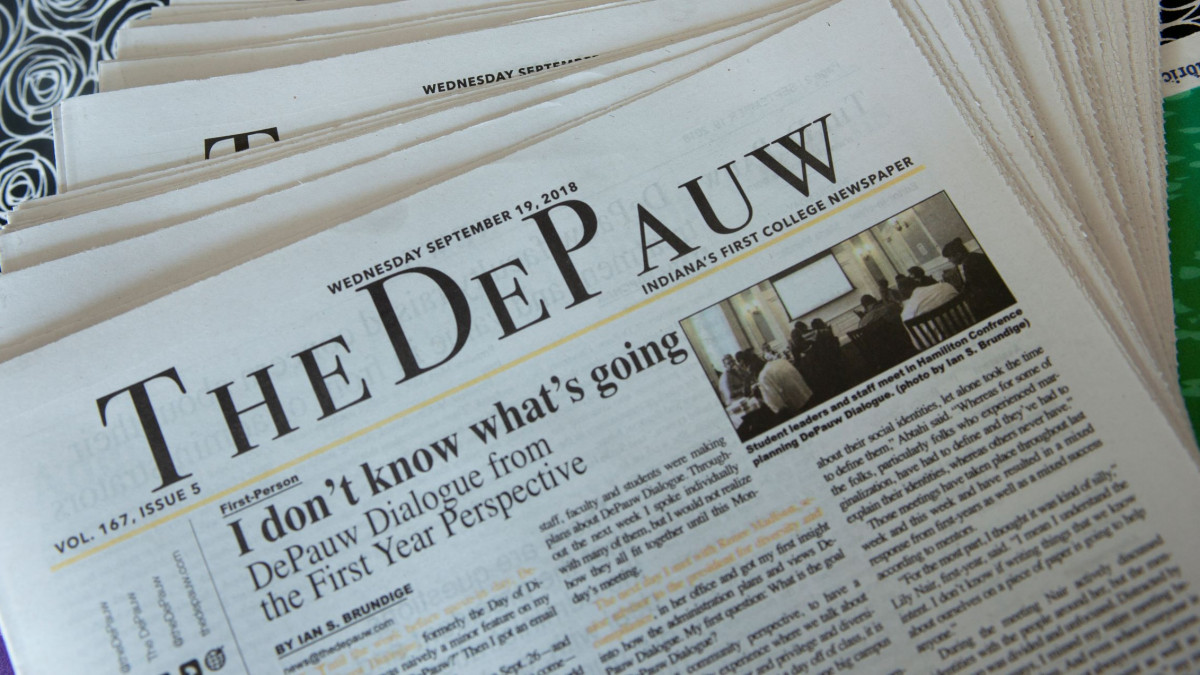 The DePauw at 170
The DePauw at 170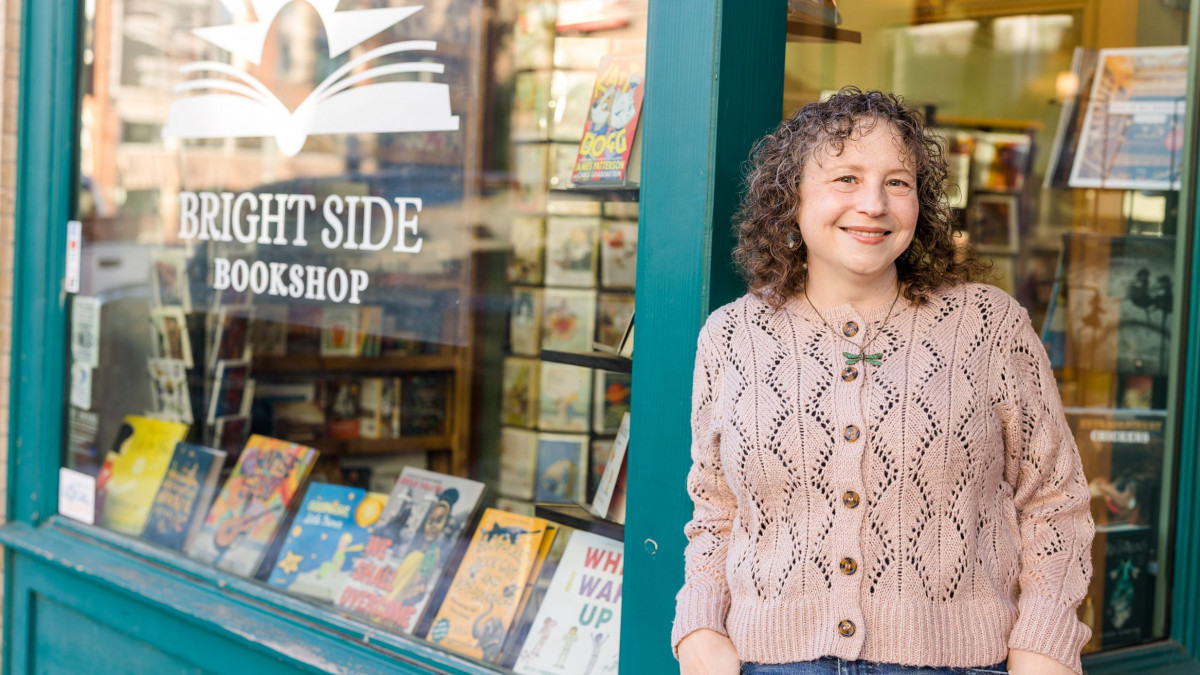 The book seller
The book seller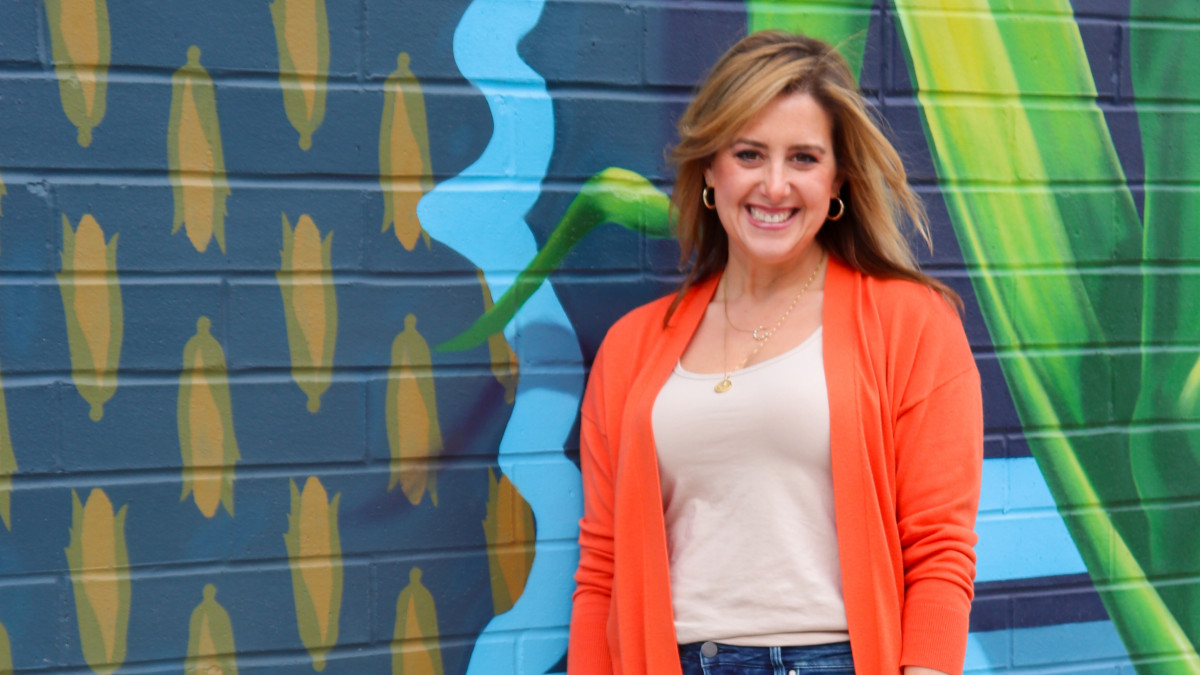 The reader
The reader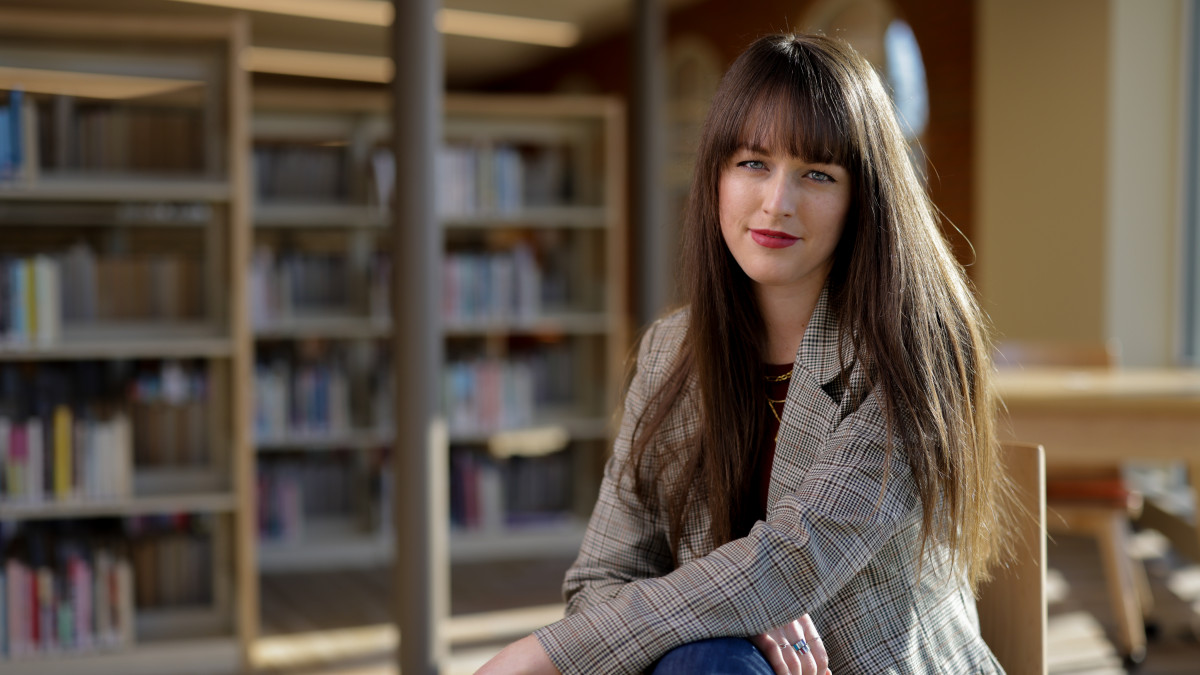 The publicist
The publicist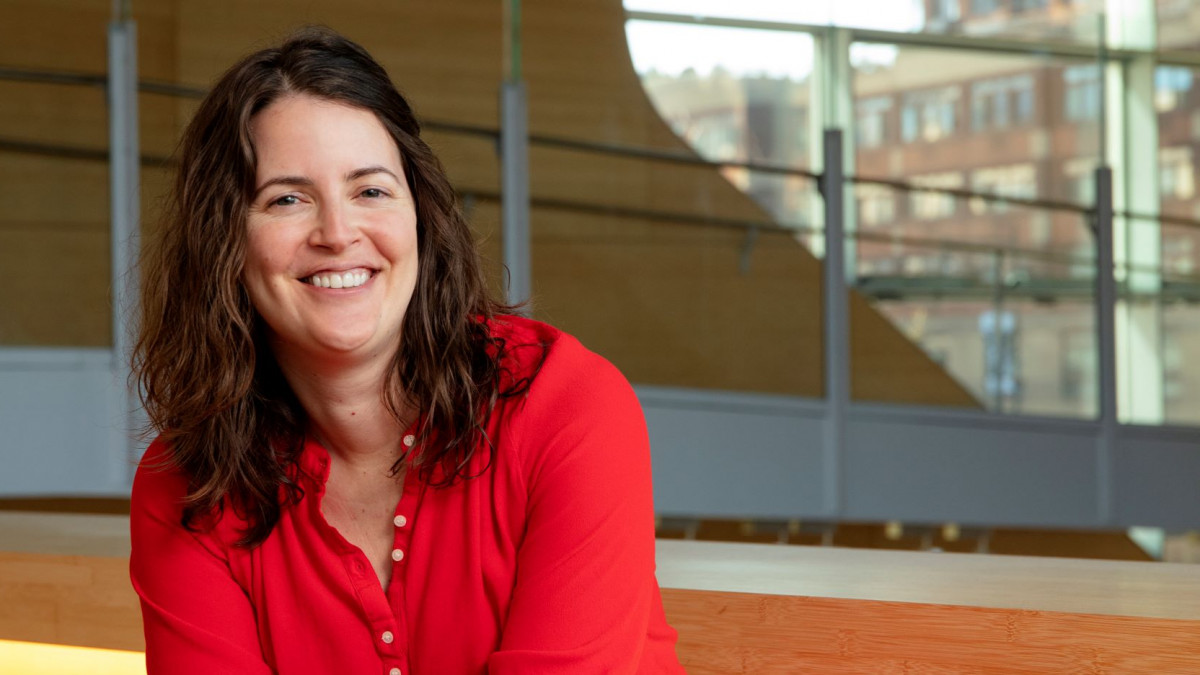 The children’s book publicist
The children’s book publicist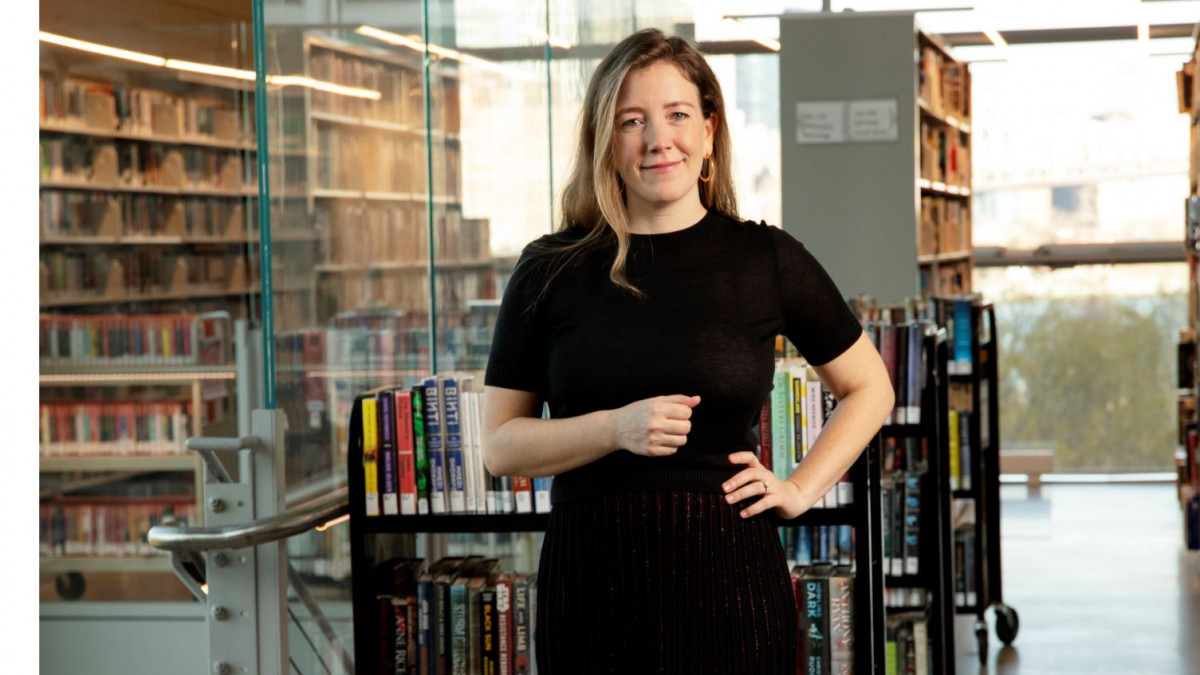 The ad director
The ad director 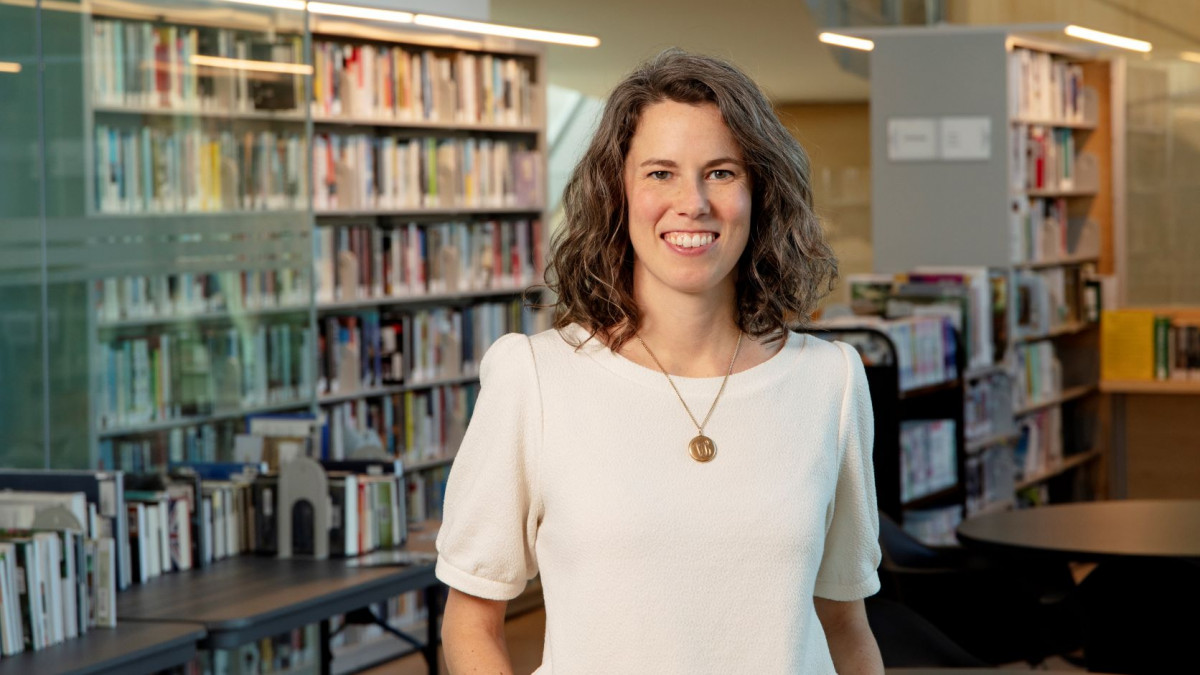 The sales director
The sales director 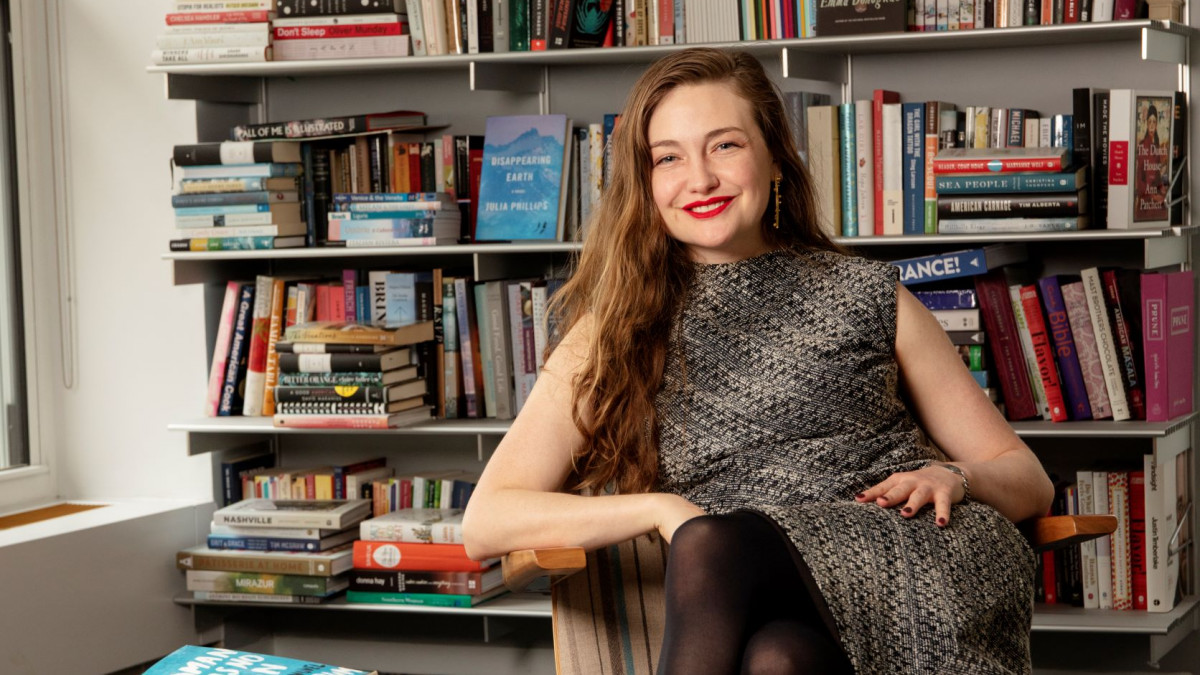 The literary fiction editor
The literary fiction editor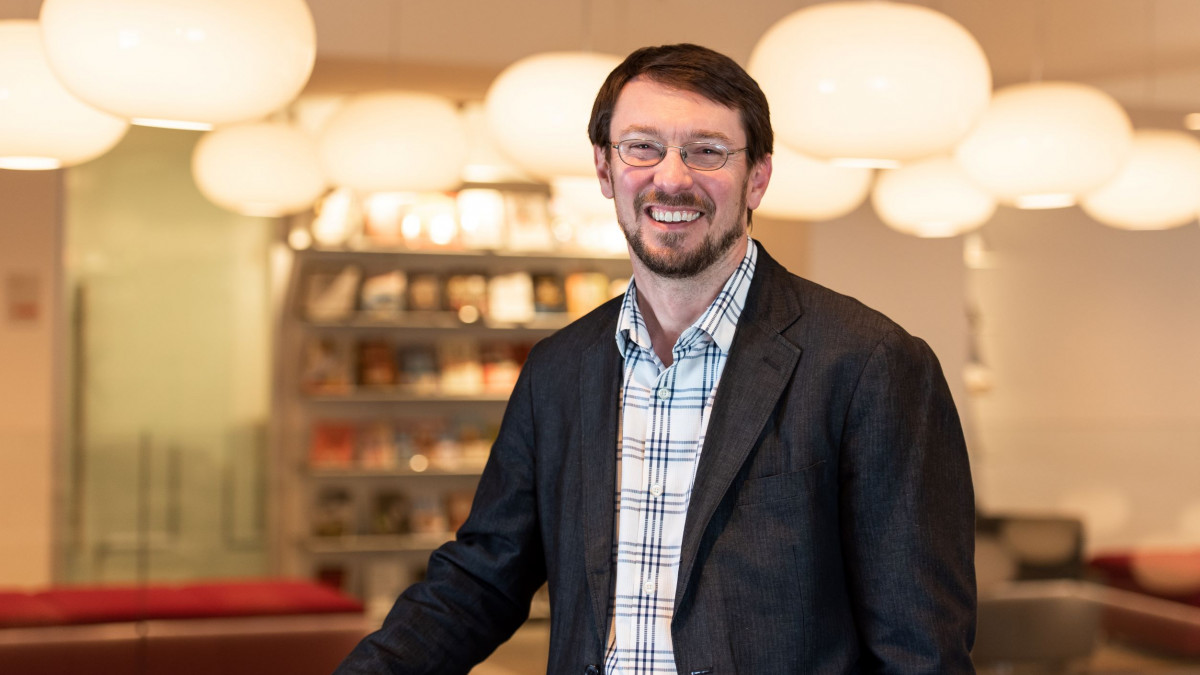 The nonfiction editor
The nonfiction editor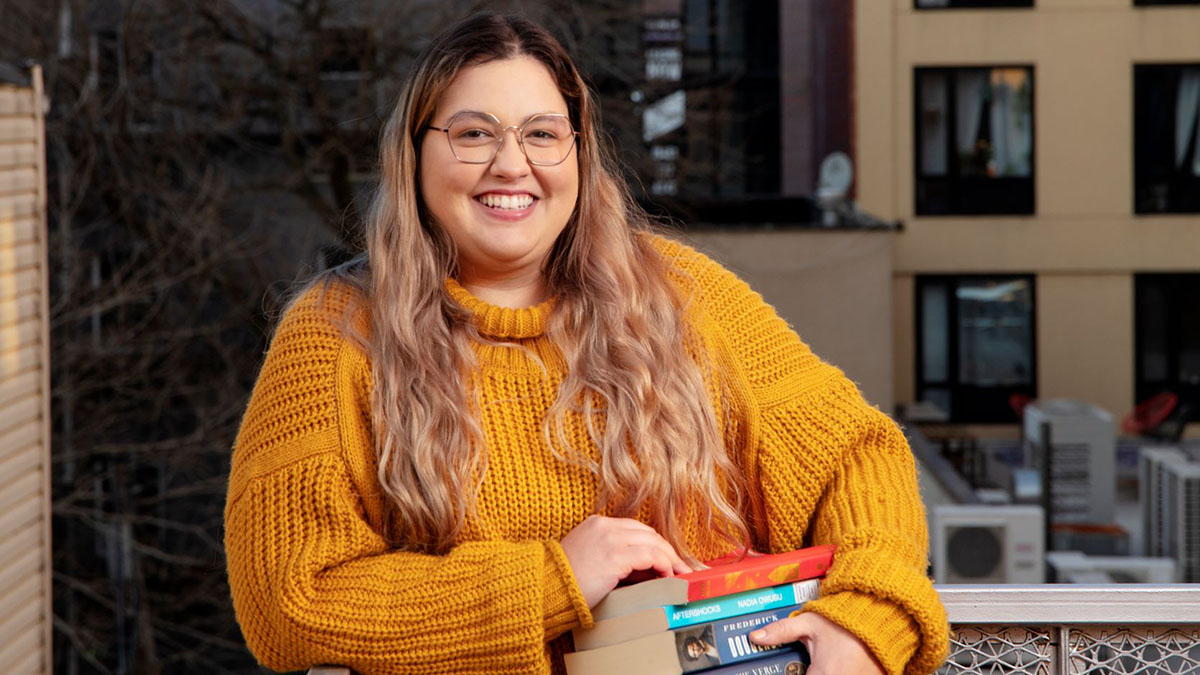 The assistant editor
The assistant editor 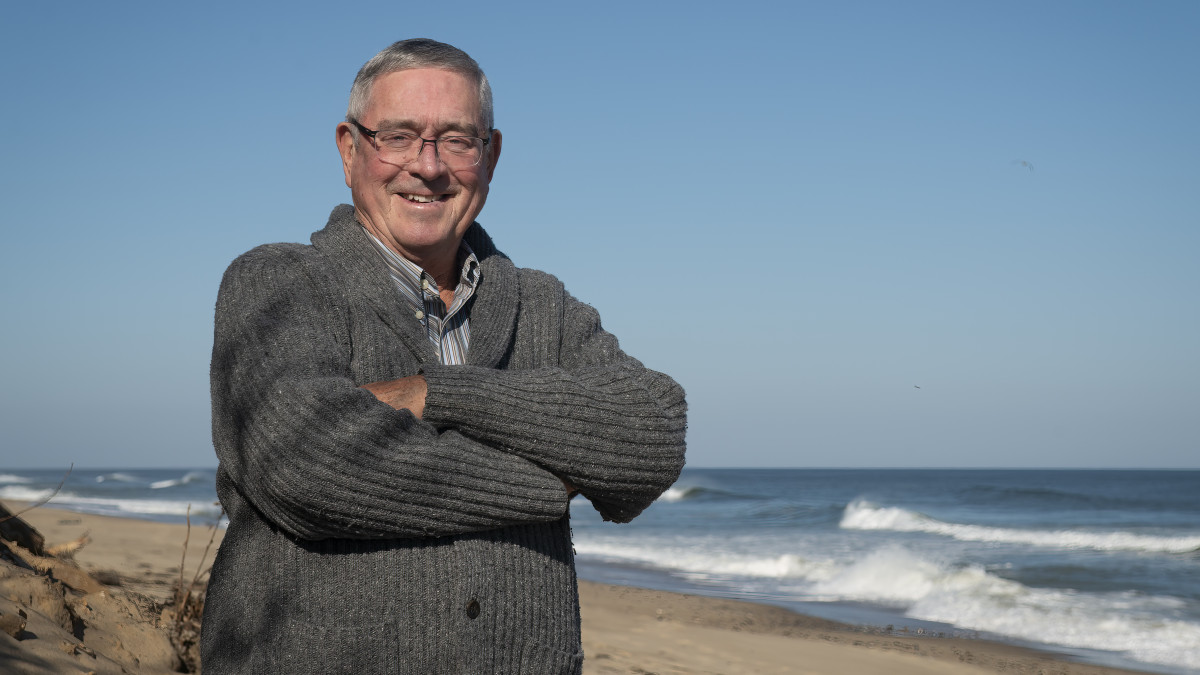 The literary agent
The literary agent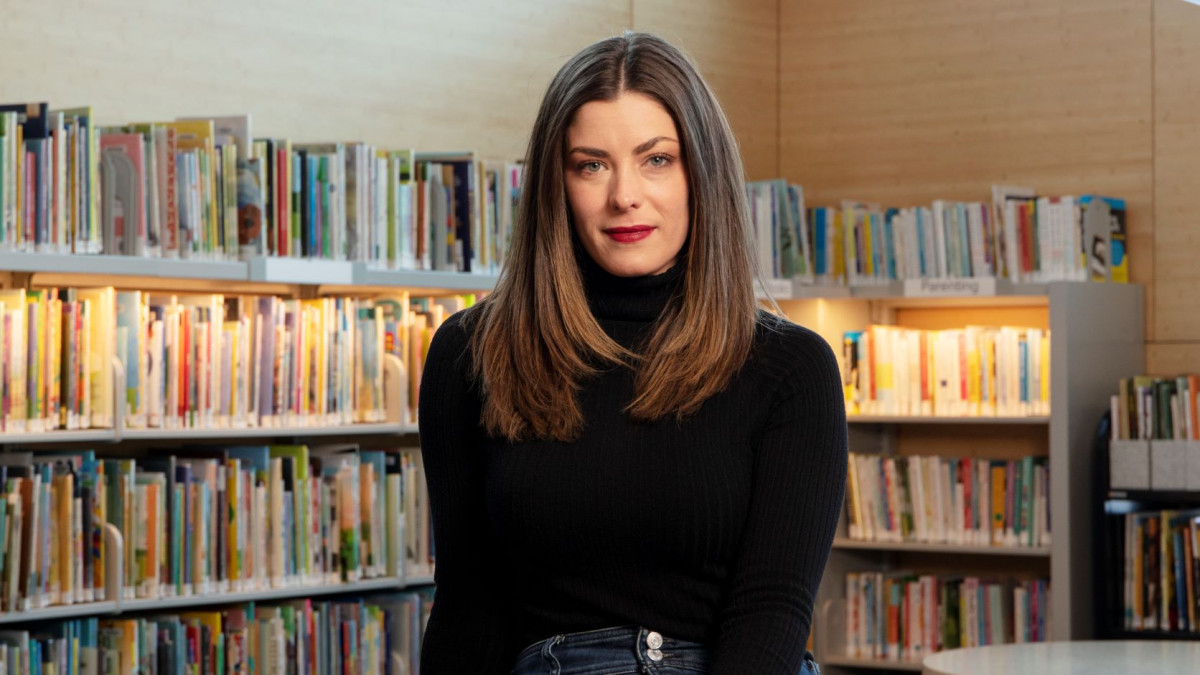 The illustration agent
The illustration agent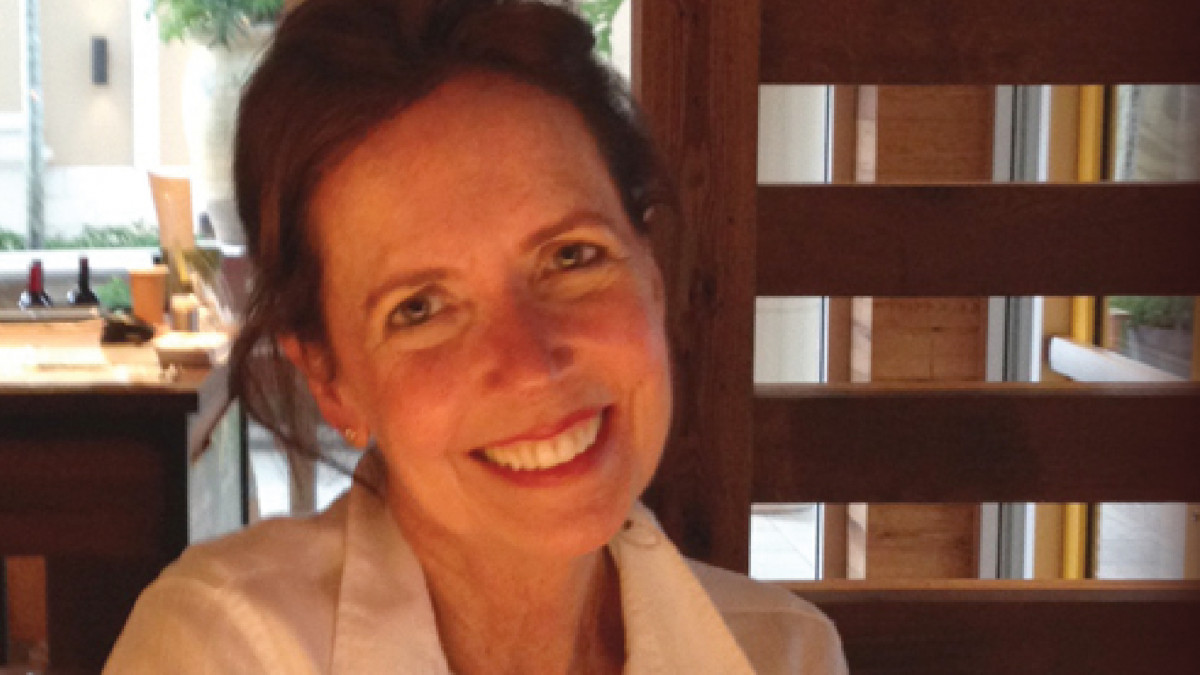 The ghostwriter
The ghostwriter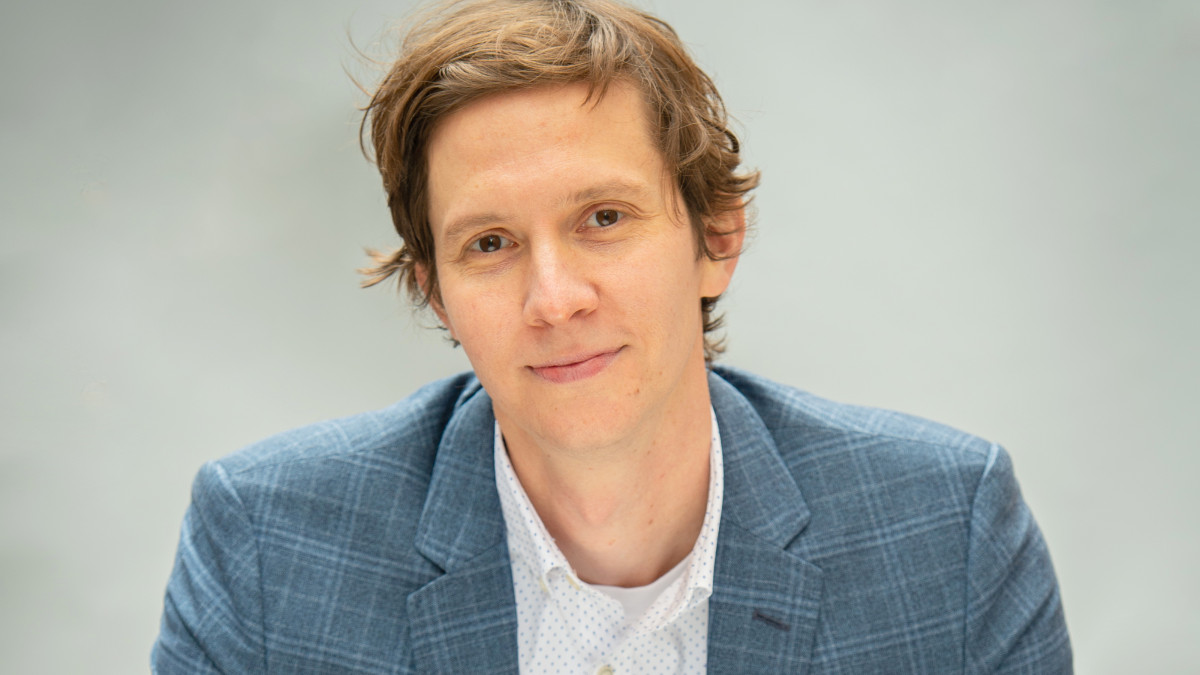 The niche publisher
The niche publisher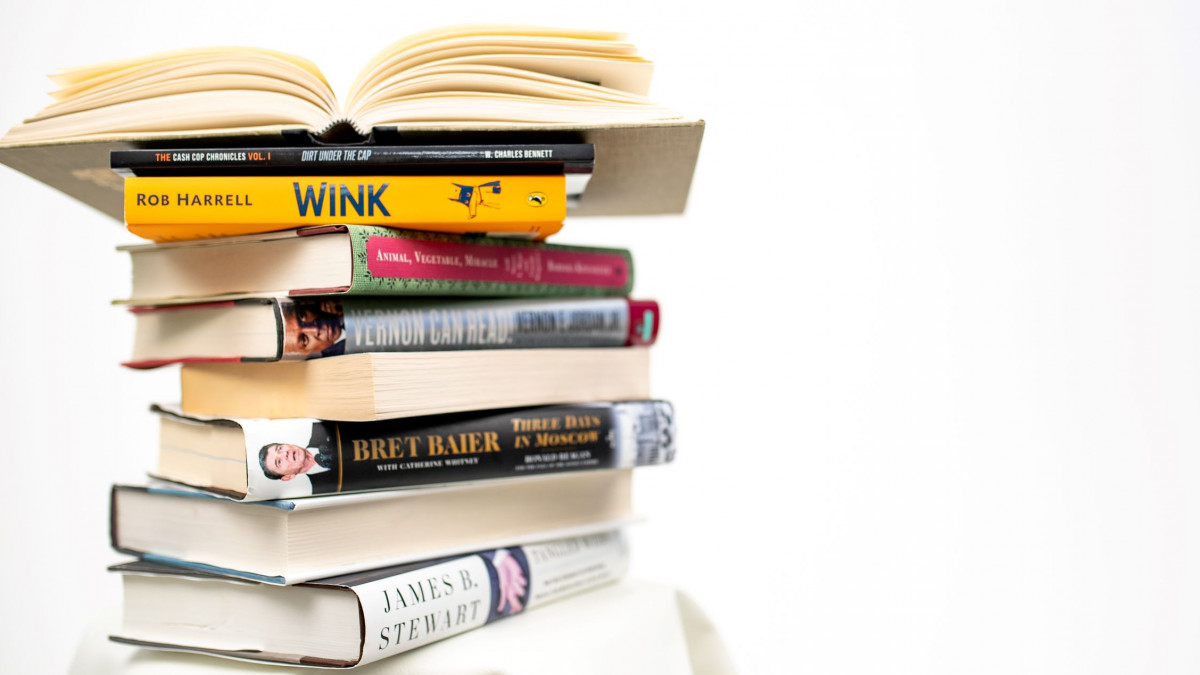 The accidental author
The accidental author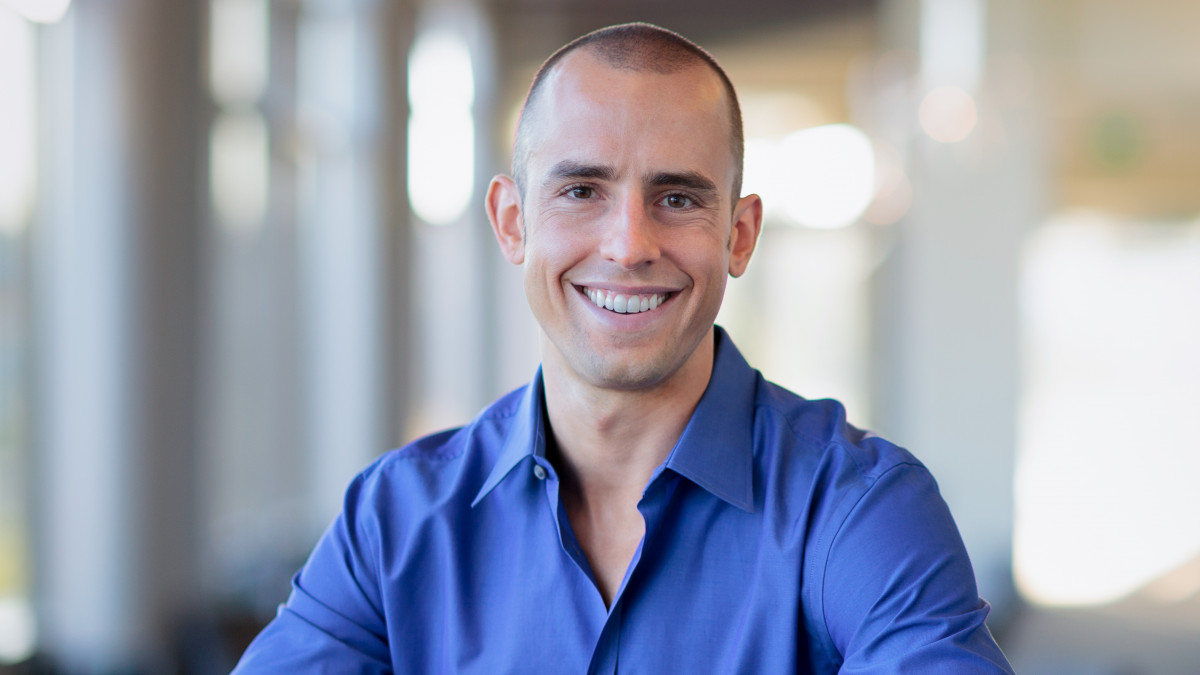 The self-published author
The self-published author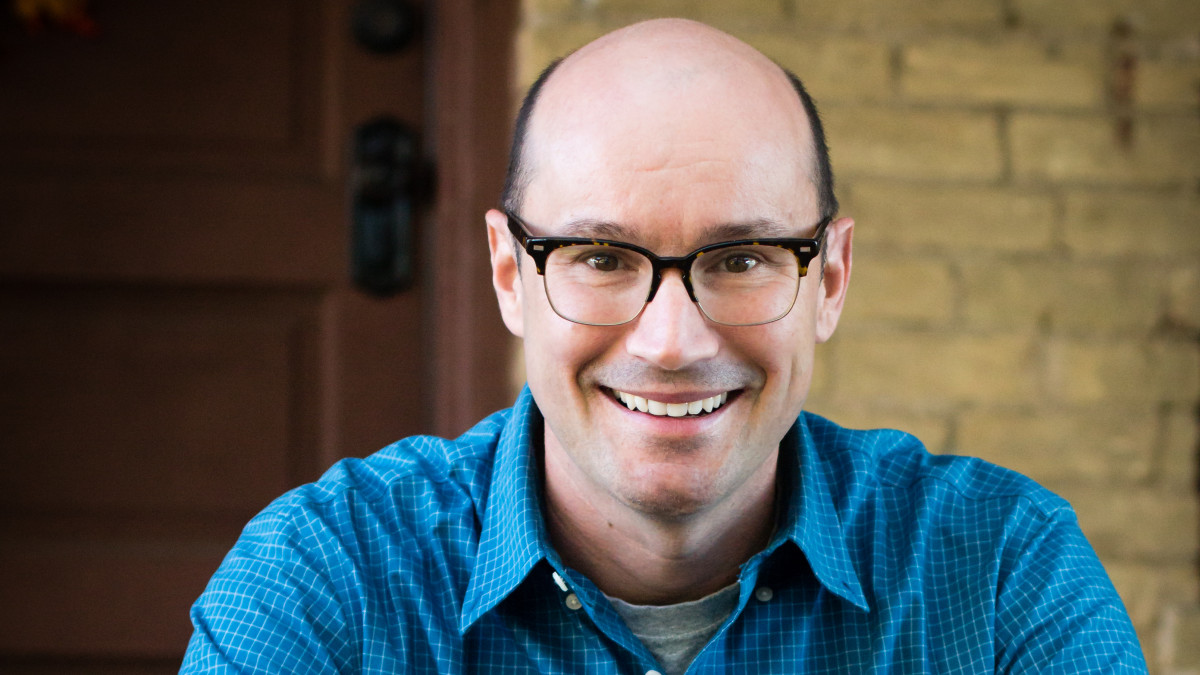 The children’s author and illustrator
The children’s author and illustrator  The bestseller
The bestseller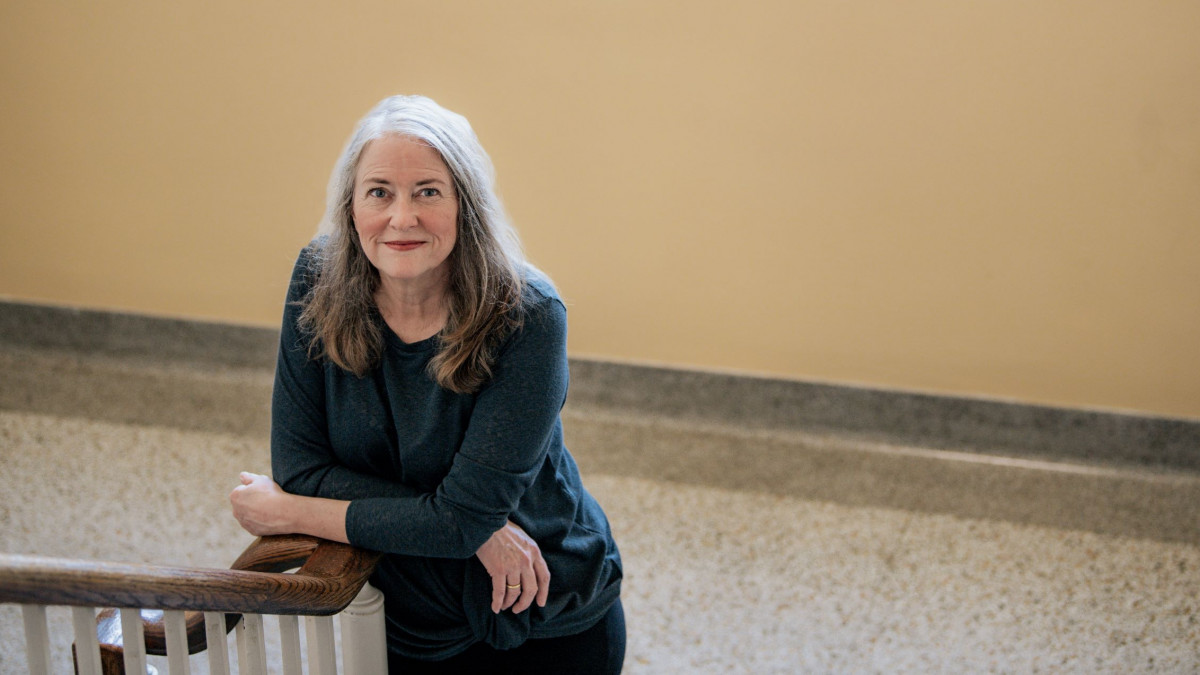 The fiction author
The fiction author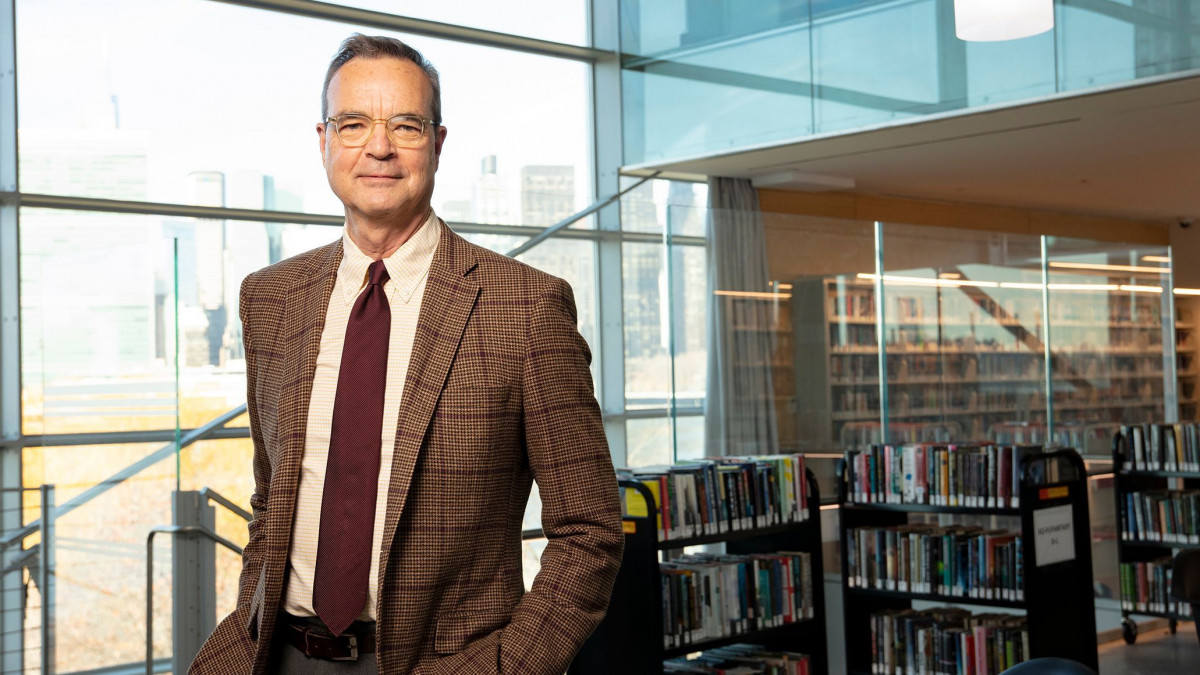 The nonfiction author
The nonfiction author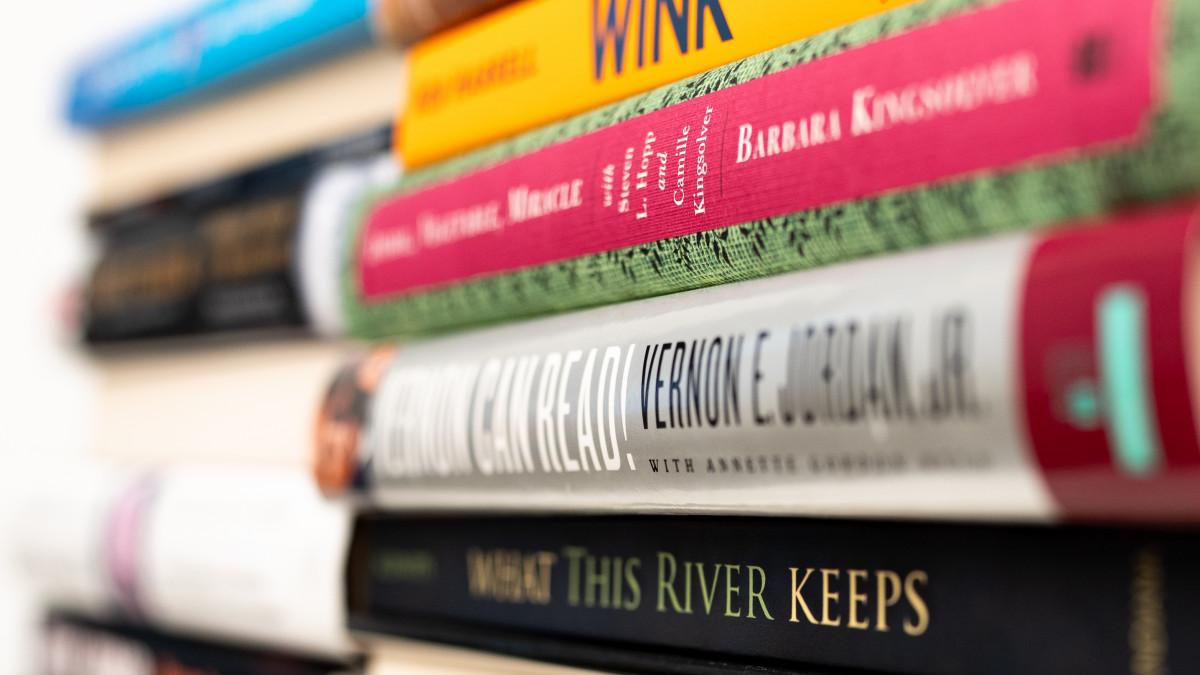 From Inkling to Ink: How a book becomes a book
From Inkling to Ink: How a book becomes a book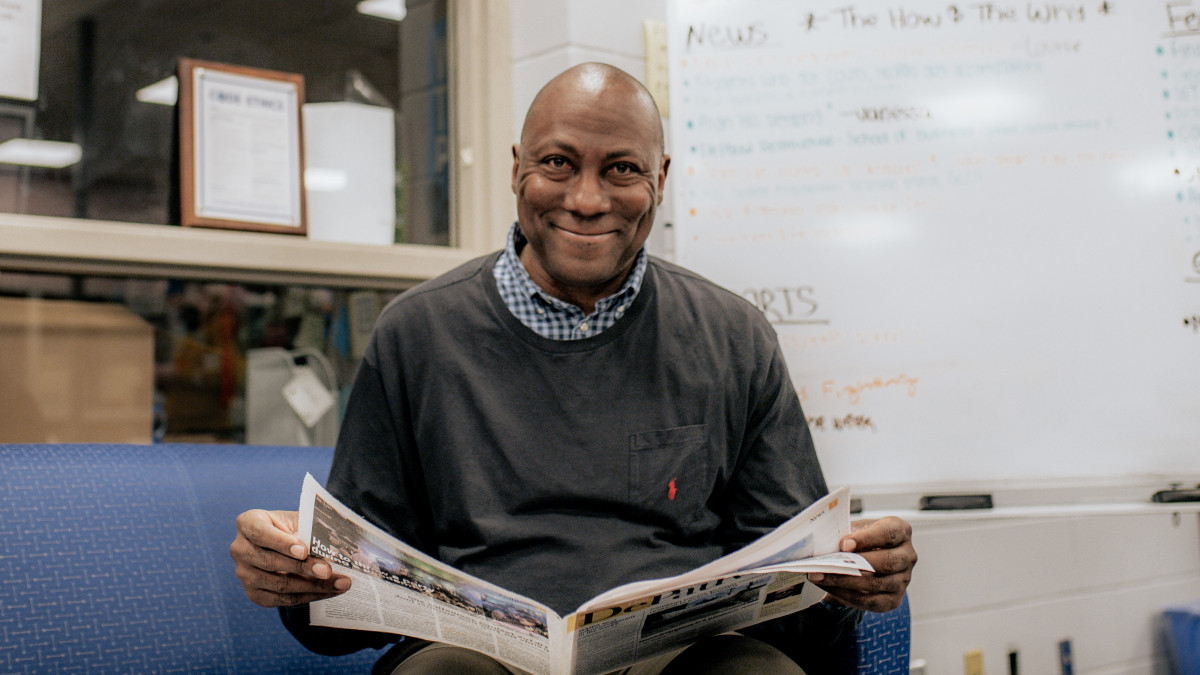 The memoirist-in-the-making
The memoirist-in-the-making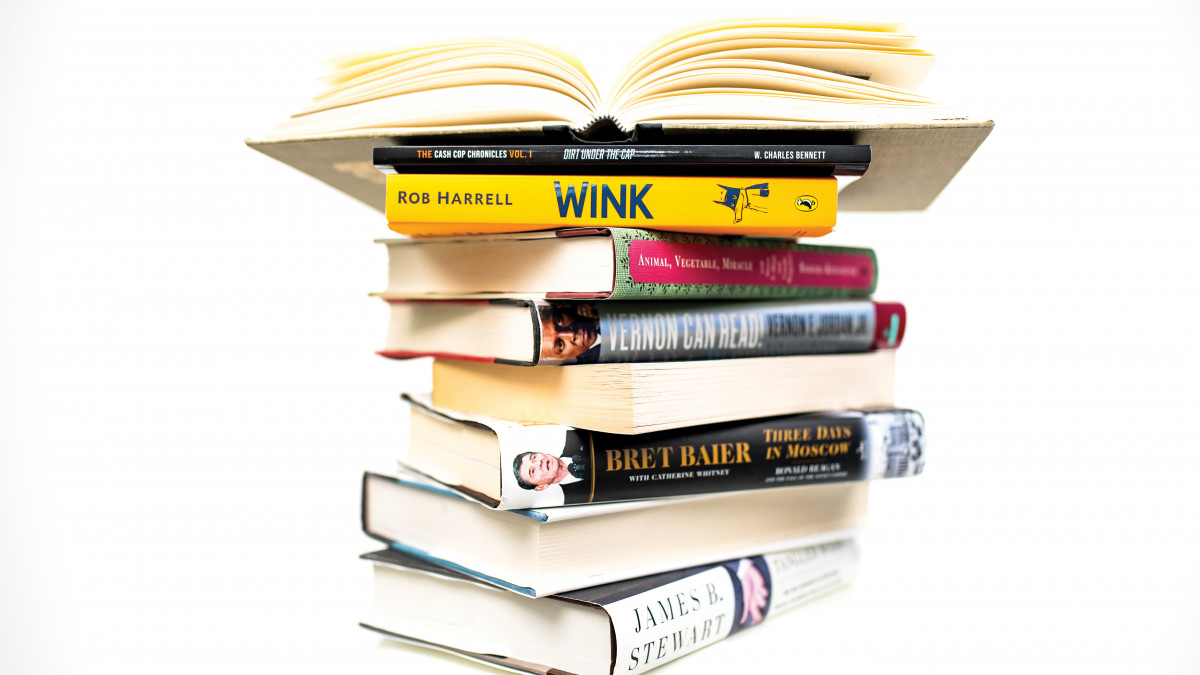 DePauw Magazine - From Inkling to Ink: How a book becomes a book
DePauw Magazine - From Inkling to Ink: How a book becomes a book
DePauw Stories
A GATHERING PLACE FOR STORYTELLING ABOUT DEPAUW UNIVERSITY
Browse other stories
-
Athletics
-
Football - DePauw-Record 190 Student-Athletes Named to NCAC's Dr. Gordon Collins Scholar-Athlete Honor Roll
-
Football - 336 Students Named to 2025 Spring Tiger Pride Honor Roll
-
Football - DePauw Unveils 2025 Athletics Hall of Fame Class
More Athletics
-
-
News
-
Outstanding scholars named to Spring 2025 Dean's List
-
Alumni News Roundup - June 6, 2025
-
Transition and Transformation: Inside the First-Year Experience
More News
-
-
People & Profiles
-
11 alums make list of influential Hoosiers
-
DePauw welcomes Dr. Manal Shalaby as Fulbright Scholar-in-Residence
-
DePauw Names New Vice President for Communications and Strategy and Chief of Staff
More People & Profiles
-
-
Have a story idea?
Whether we are writing about the intellectual challenge of our classrooms, a campus life that builds leadership, incredible faculty achievements or the seemingly endless stories of alumni success, we think DePauw has some fun stories to tell.
-
Communications & Marketing
101 E. Seminary St.
Greencastle, IN, 46135-0037
communicate@depauw.eduNews and Media
-
News media: For help with a story, contact:
Bob Weaver, Senior Director of Communications.
bobweaver@depauw.edu.